The North Carolina Senate recently voted to ban the wearing of masks in public for health reasons, sparking a heated debate. This decision, made on May 21, 2024, passed along party lines with a 30-15 vote.
Republicans argue it will help police manage masked protesters, while Democrats warn it could harm individuals with health issues who rely on masks for protection.
The Bill’s Details
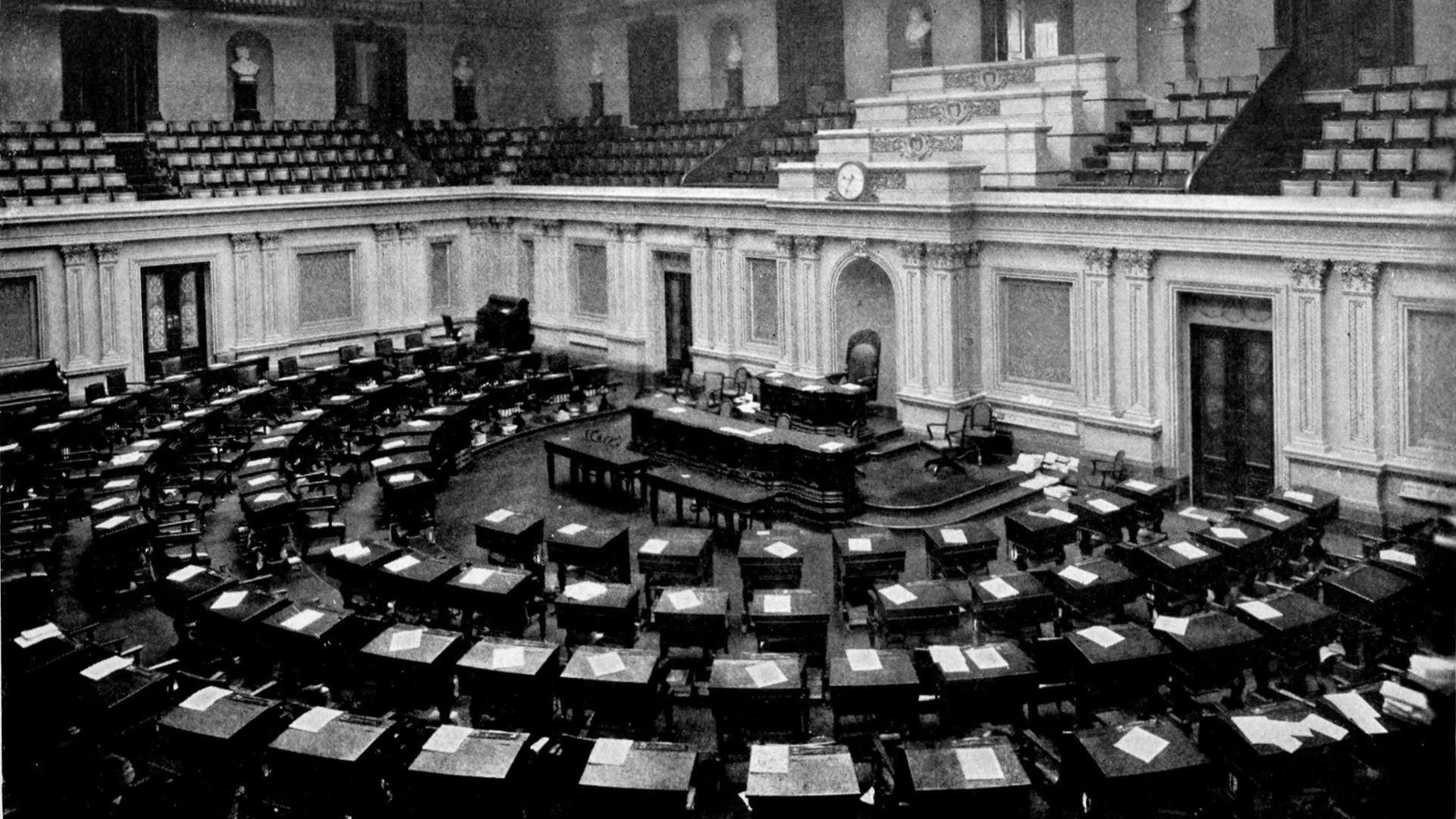
House Bill 237 aims to prohibit anyone from wearing masks in public for medical reasons. Republican supporters believe this will prevent abuse of pandemic-era norms by protesters.
However, the bill’s broad language has raised concerns about its impact on vulnerable populations who need masks for health reasons, such as those undergoing cancer treatment.
Republican Perspective
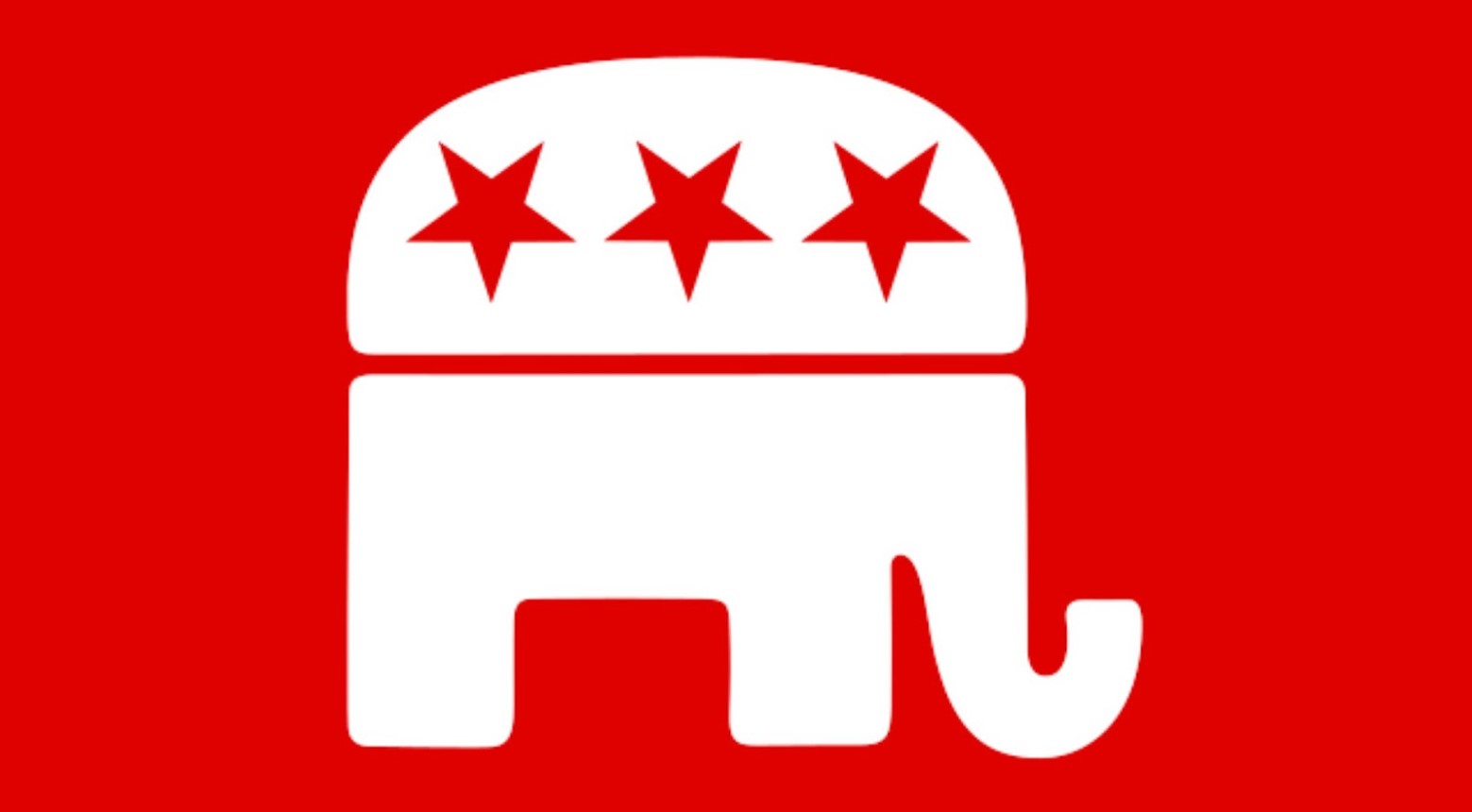
Republican supporters, like bill sponsor Buck Newton, argue that the mask ban is necessary to address growing concerns about masked protesters.
Newton emphasized, “It’s about time that the craziness is at least slowed down, if not literally stopped.” They believe the ban will help restore order and prevent misuse of public health measures.
Democratic Opposition
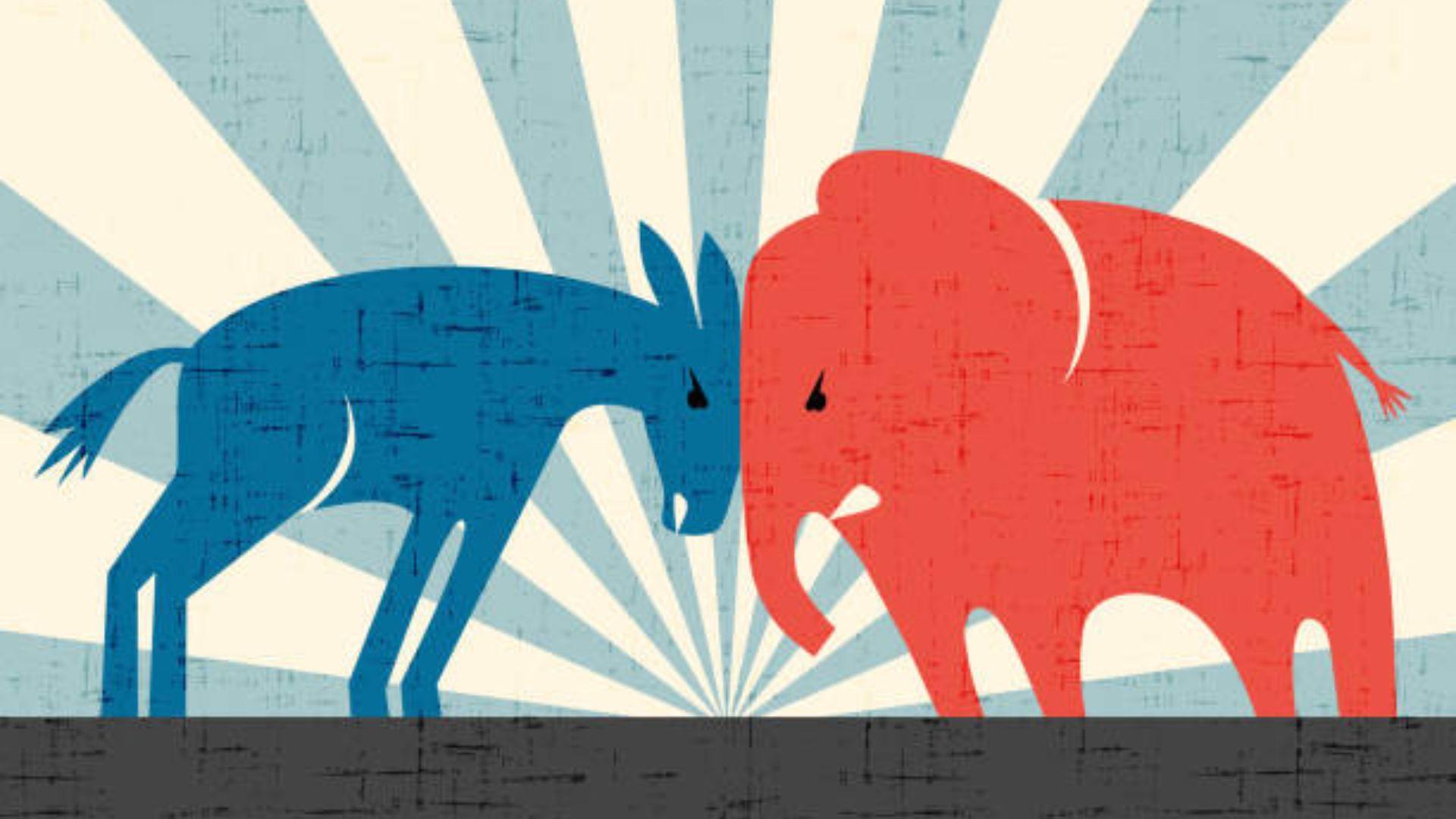
Democratic lawmakers, community activists, and health advocates have strongly opposed the bill. Sen. Lisa Grafstein called it “unconscionable,” highlighting the potential risks for individuals with health issues.
Democrats argue that the bill prioritizes political points over the safety and freedoms of vulnerable populations who depend on masks.
Health Concerns Highlighted
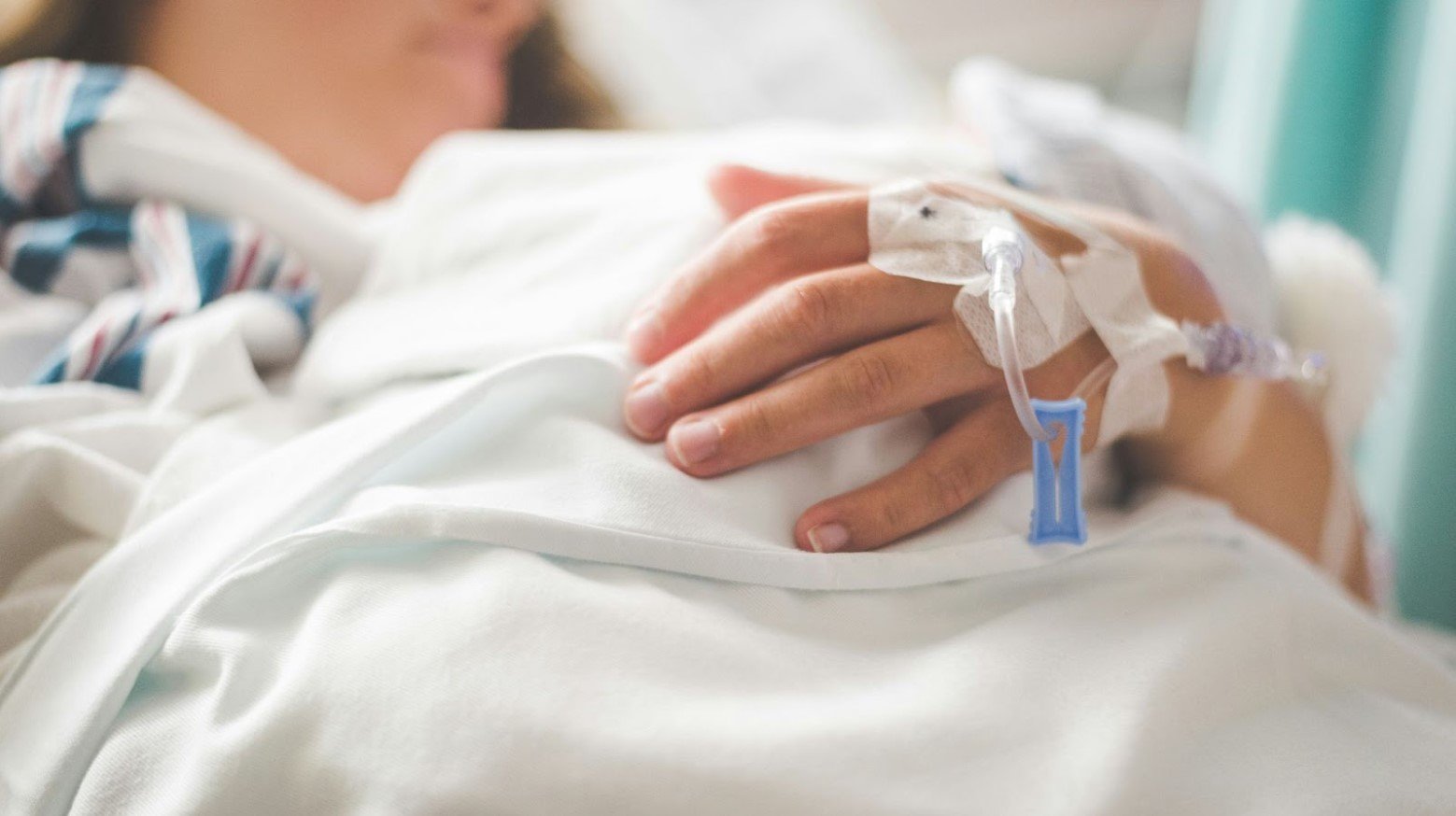
Sen. Sydney Batch, a cancer survivor, shared her personal story during the debate. She explained how her family wore masks to protect her during chemotherapy, and criticized the bill for criminalizing such protective measures.
Batch emphasized, “This bill criminalizes their behavior, and mine,” stressing the importance of mask-wearing for health protection.
Proposed Amendments

Democratic lawmakers proposed several amendments to protect health-related mask-wearing, but Republicans rejected all without explanation.
Sen. Jay Chaudhuri suggested an amendment to ban hate groups from wearing masks and to enhance tracking of these groups by law enforcement, but this too was shot down without debate.
Public Safety vs. Personal Freedom

Republicans assure that police will not abuse the new law to arrest individuals wearing surgical masks for health reasons. However, Democrats argue that the potential for abuse should not be created in the first place.
They fear the law could lead to increased harassment of people simply going about their daily lives.
Historical Context
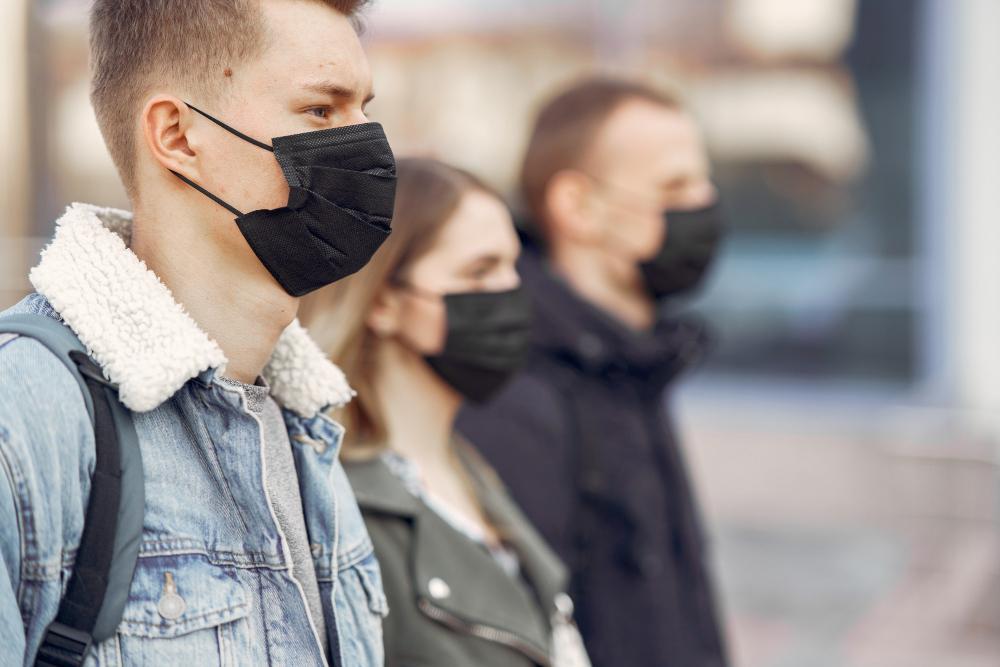
Newton pointed out that mask-wearing for health reasons was technically illegal before the Covid-19 pandemic, yet there were no arrests.
He argued that this historical context supports the necessity of the bill. Newton believes that restoring pre-pandemic norms will help maintain public order and prevent misuse of health-related protections.
Other Legislation Passed
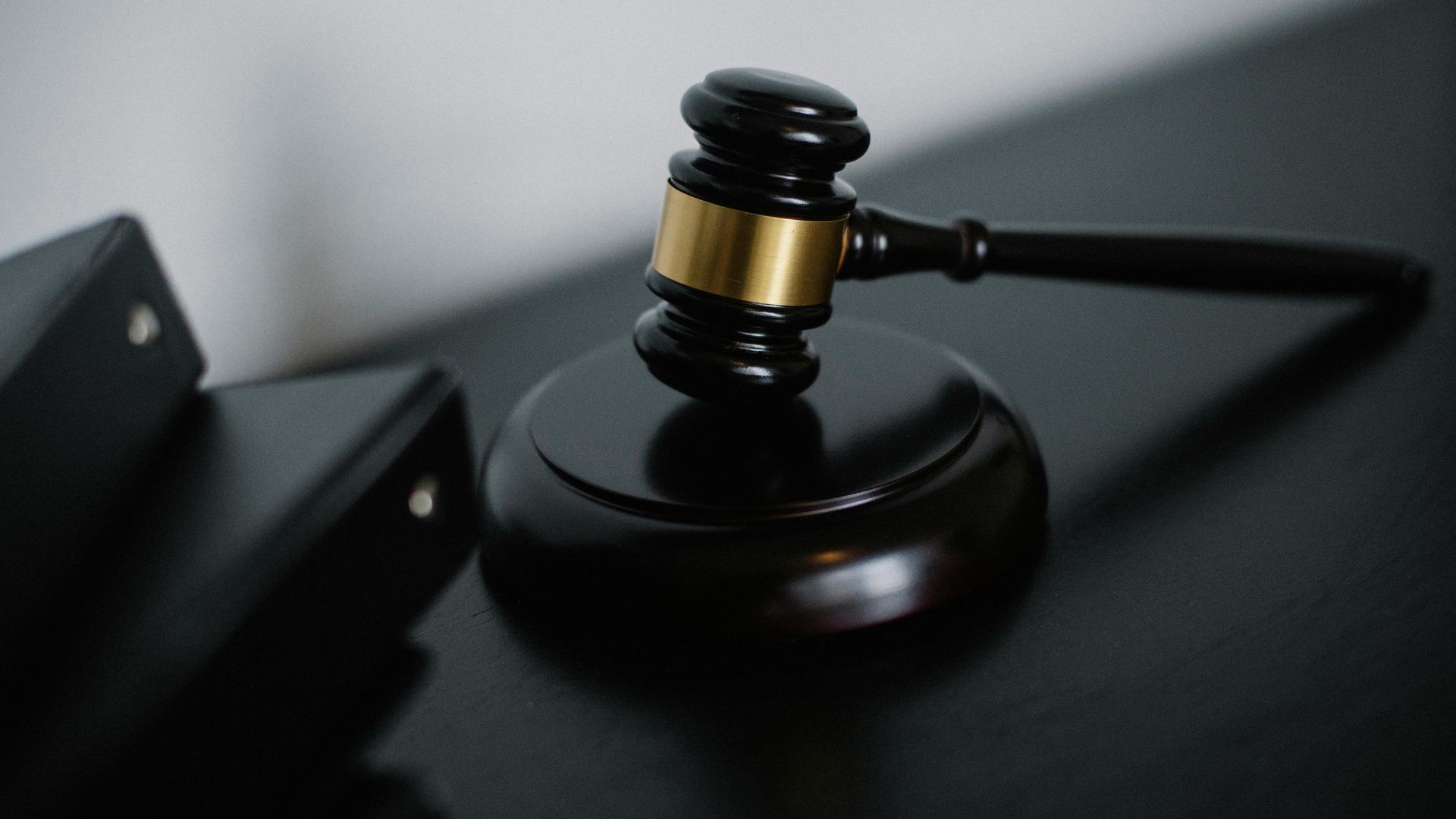
On the same day, the Senate passed other significant bills, including updates to sex crime laws and changes to juvenile justice.
These bills address modern issues like artificial intelligence and redefine the handling of teenage offenders. The passage of multiple controversial bills highlights the busy legislative session.
Implications for Public Health
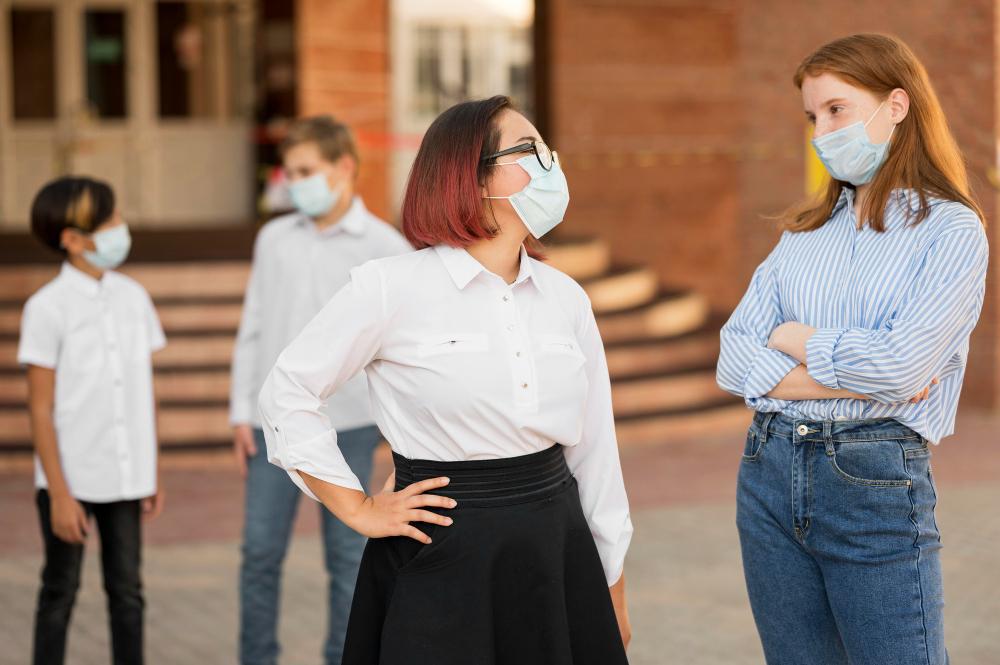
Health advocates warn that the mask ban could endanger individuals with weakened immune systems, such as cancer patients. They stress that masks are a crucial tool for protecting vulnerable populations from infections.
The ban could have far-reaching consequences for public health and individual safety in North Carolina.
Future of the Bill
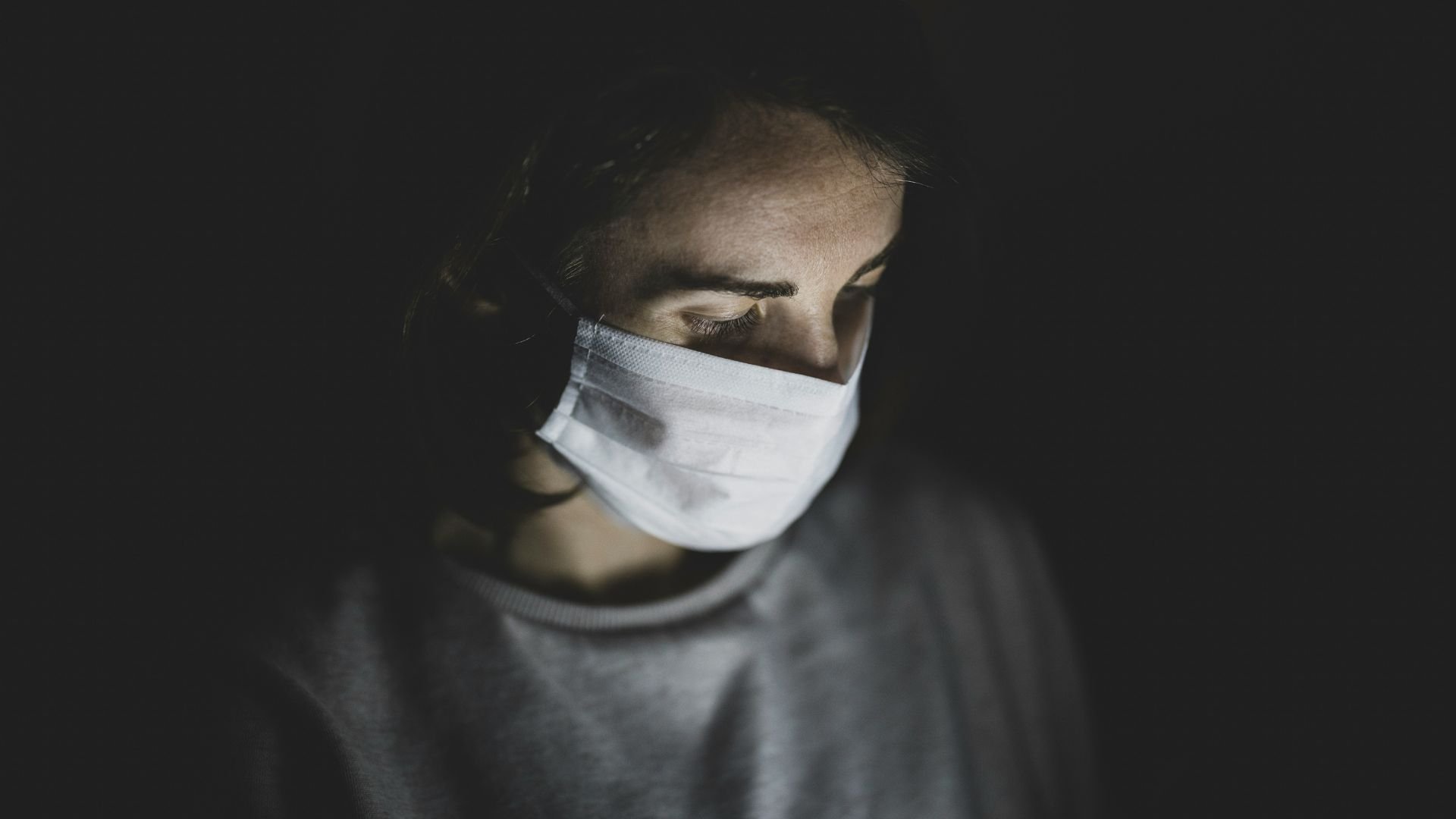
The bill now moves to the state House for approval. If passed, it will be sent to Democratic Gov. Roy Cooper, who could sign or veto it.
The outcome will significantly impact public health policies in North Carolina and could set a precedent for other states considering similar measures.
Public Reaction

The mask ban has ignited widespread public reaction, with many calling for its reconsideration. The debate highlights the ongoing tension between public safety measures and individual freedoms in the post-pandemic world.
The final decision will shape the future of public health policy and civil liberties in North Carolina.
